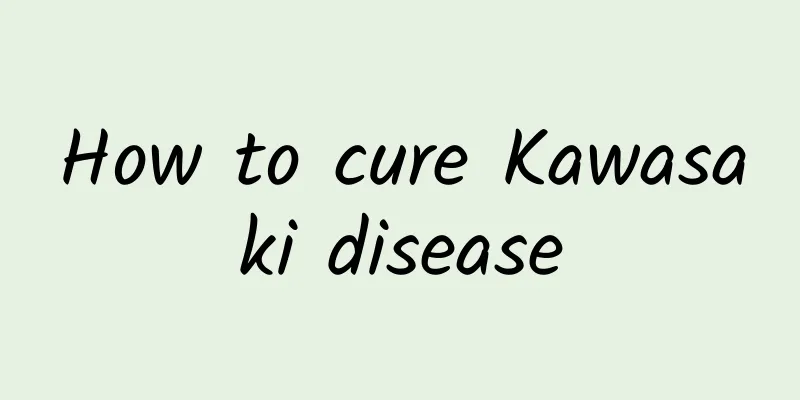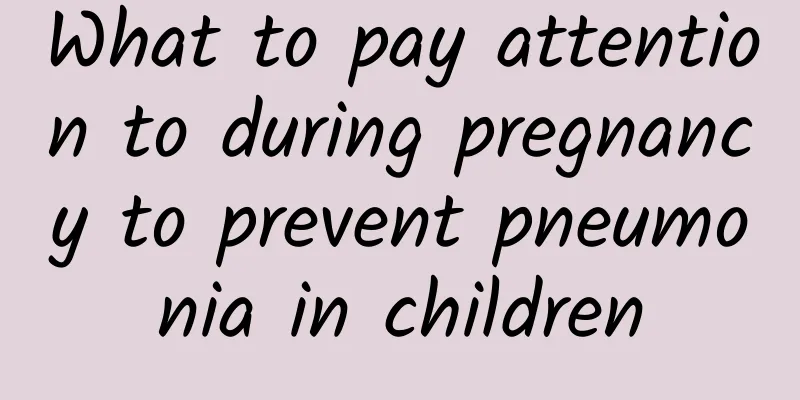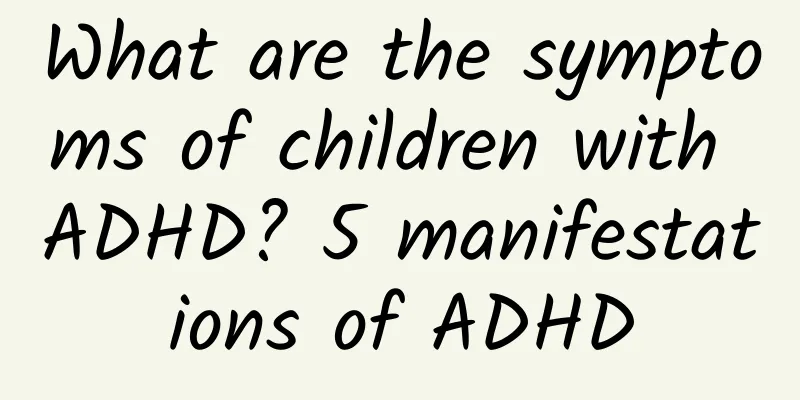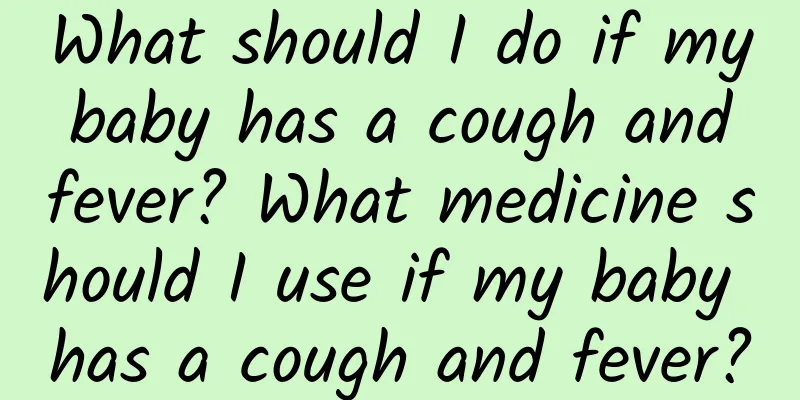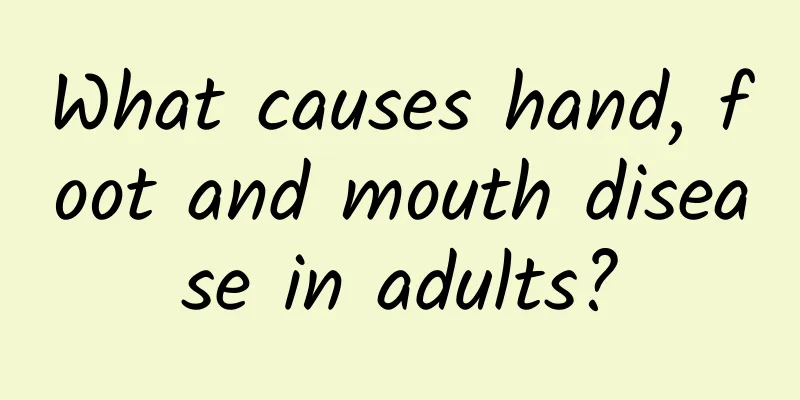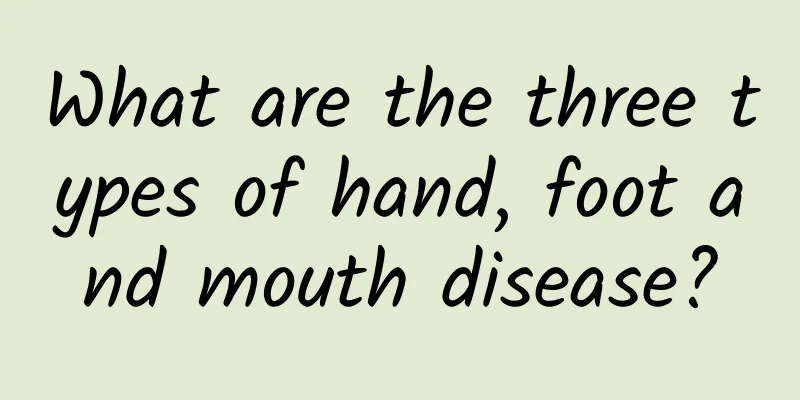Introduction to the treatment of diarrhea in children
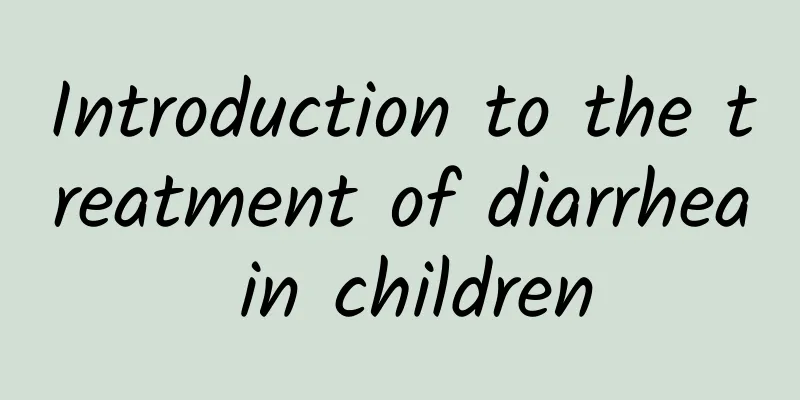
|
Almost every baby has experienced symptoms of pediatric diarrhea. Although it is a common disease, the love of every family for their children is self-evident. Parents are still very worried when their children have diarrhea. After all, babies cannot take medicine and cannot speak, so the children suffer a lot. In fact, as long as the treatment of pediatric diarrhea is done in the right way, it can be effective quickly. The principles of diarrhea treatment are: adjust diet, prevent and correct dehydration, use medications rationally, strengthen nursing care, and prevent complications. The focus of diarrhea treatment at different stages is different. Acute diarrhea should pay more attention to maintaining water and electrolyte balance and anti-infection; prolonged and chronic diarrhea should pay attention to intestinal flora imbalance and dietary therapy. (1) Determine the condition and degree of dehydration, provide monitoring and blood gas and electrolyte tests. (2) Correction of dehydration and electrolyte imbalance Principles of fluid replacement: concentrated fluid first, then diluted fluid; salt fluid first, then sugar fluid; fast fluid first, then slow fluid; give potassium when urine is seen. Determine the cumulative loss of fluid replacement, nature and speed. Mild and moderate dehydration can be rehydrated orally, and moderate to severe dehydration or severe vomiting should be rehydrated intravenously. Mild dehydration is about 50ml/kg, moderate dehydration is 50-100ml/kg, and severe dehydration is 100-120ml/kg. Isotonic dehydration can use 1/2 sodium-containing solution, hypotonic dehydration can use 2/3 sodium-containing solution, and hypertonic dehydration can use 1/5 sodium-containing solution. Cumulative losses should be corrected in about 8 hours. While rehydrating, pay attention to correcting metabolic acidosis and electrolyte disorders, especially hypokalemia. Potassium should be supplemented in time for urine or urine 6 hours before coming to the hospital. The concentration should not exceed 0.3%. The daily intravenous potassium supplementation time should not be less than 8 hours. Do not push potassium salts into the vein, otherwise it will lead to hyperkalemia and endanger life. The principle of oral rehydration is: patients with mild dehydration should get 50ml/kg within 4 hours, and patients with moderate dehydration should get 100ml/kg within 6 hours. After treatment, if the patient continues to have diarrhea or the dehydration is not completely corrected, the amount and speed of oral rehydration should be increased. If the dehydration has been corrected, the oral rehydration should be reduced. Vomiting may occur within the first 2 hours of oral rehydration. Children with persistent vomiting should be given intravenous rehydration. Continue to rehydrate: After dehydration is corrected, oral rehydration can be given to prevent dehydration from recurring. Supplement physiological needs. (3) Etiological treatment: For rotavirus, oral immunoglobulin (Bula) 0.2 ml/kg. once, 3 times/day. (4) Microecological regulators. (5) Digestive tract mucosal protective agent: Newborns 1/4 bag/time, 3 times/day; infants <1 year old 1/2 bag/time, 2 times/day; children 1-2 years old 1 bag/time, 2 times/day; children >2 years old 1 bag/time, 3 times/day. Take before meals, double the initial dose. Prevention is more important than treatment. The diet of breastfeeding mothers is very important. Breastfeeding mothers should eat more fresh fruits and vegetables, drink warm water, eat less raw and cold food, and avoid cold drinks. For babies who have already started eating, parents should carefully prepare food for their children, low in salt and oil, balanced in nutrition, and at the right temperature. A reasonable diet can effectively prevent children from having pediatric diarrhea. |
<<: Scientific examination of diarrhea in children
>>: Effect of TCM in treating diarrhea in children
Recommend
What tests should children with ADHD undergo?
Diseases like ADHD in children are indeed quite c...
What examinations should be done for children with diarrhea? Should we pay attention to the hygiene of supplies to prevent diarrhea in children?
Every step of a child's growth makes parents ...
How many mm should an adult's patent ductus arteriosus be closed before surgery is required?
Patent ductus arteriosus is one of the common typ...
What to do if your child has diarrhea, cough and vomiting
Children's diarrhea, cough and vomiting are g...
Neonatal jaundice regresses slowly
Neonatal jaundice regresses slowly Jaundice is a ...
What are the drugs for patent ductus arteriosus?
What are the medicines for treating patent ductus...
What are the symptoms of indigestion in children? What should babies eat if they have indigestion?
Babies have weak gastrointestinal function, so th...
Diet for children with mid-stage renal disease
Kidney disease is a general term for various dise...
What foods should children with acute laryngitis not eat?
If children with acute laryngitis are not treated...
How to treat indigestion in children? The correct way to treat indigestion in children
There are many reasons for indigestion in childre...
The best treatment for hand, foot and mouth disease
There is usually no optimal treatment for hand, f...
How to treat acute icteric hepatitis? These methods can control acute icteric hepatitis
Acute icteric hepatitis is a common type of hepat...
What are the dietary taboos for children with mumps? What diet should children with mumps eat?
Mumps is more common in winter and spring, but it...
What are the typical symptoms of neonatal pathological jaundice
What are the typical symptoms of neonatal patholo...
Early symptoms of hand, foot and mouth disease Early symptoms of hand, foot and mouth disease
Hand, foot and mouth disease is a relatively comm...
